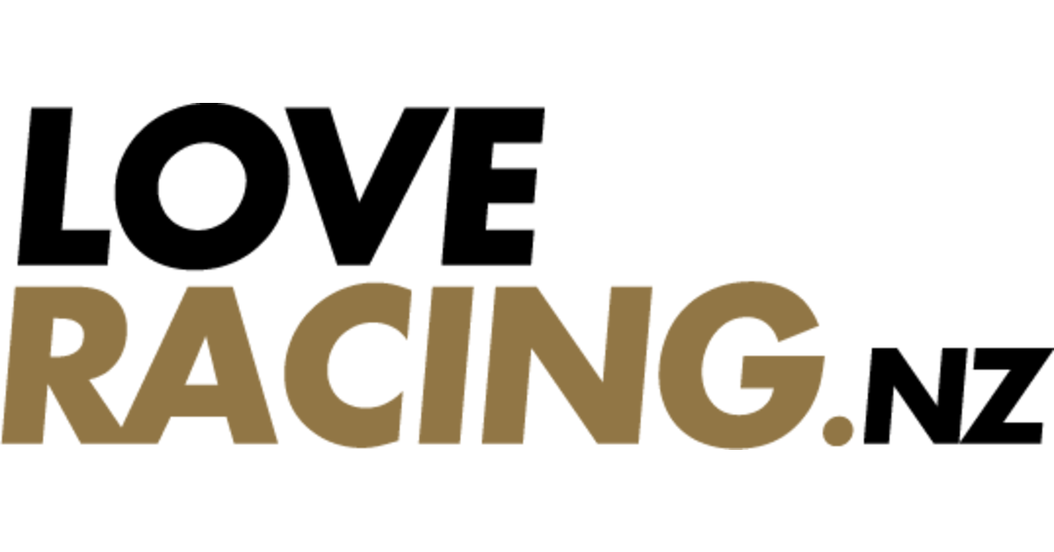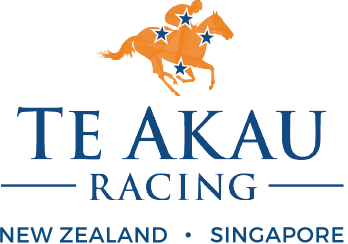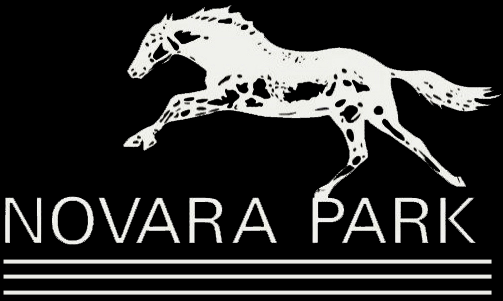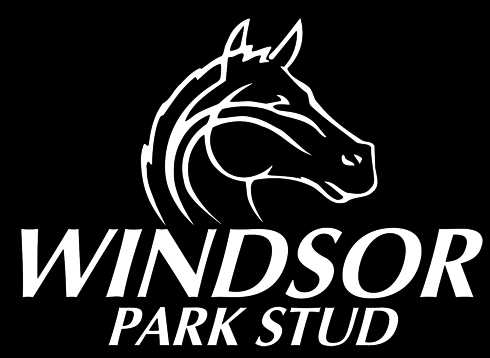 Gary Willetts pictured with Australian Turf Club Director Caroline Searcy at Randwick
Gary Willetts pictured with Australian Turf Club Director Caroline Searcy at RandwickOne of the best things about being immersed in racing is the friendships you make and the experiences that become part of it.
A recent reminder came when I attended Day 2 of The Championships at Randwick and bumped into someone I’ve known since my teens, former leading jockey Gary Willetts. He had travelled up from Melbourne as a guest of the Australian Turf Club, recognising the 50th anniversary of his wins in the Sydney Cup and Queen Elizabeth Stakes on that mighty Morrinsville stayer Battle Heights.
Randwick last Saturday week, with both those races carded on the same programme, was also a personal anniversary, marking my first day at the races in Sydney way back then, when Battle Heights raced away with the Sydney Cup at 33-to-one. I was already an unabashed fan of the hardy Battle-Waggon gelding, trained by renowned horseman Tim Douglas and raced by him with his wife Elaine.
Through regular visits to the Te Aroha track with my boss Frank Wilson’s small racing team, I had got to know Tim Douglas and his son Ross, along with their plain brown horse called Fred and other good performers in the Douglas team like Arctic Heights and Monty. They all owed their heritage to that remarkable poly pony-come Broodmare of the Year Wuthering Heights.
Memories of those days came flooding back when I caught up with Gary Willetts at Randwick last Saturday week. At age 81 he’s still as fit as a fiddle, still enjoying life in Melbourne after retiring from the saddle in 1991 just short of 1,500 wins, and making the most of his judicious investment in the hotel industry.
Battle Heights provided the entrée to his career in Australia, one that is best remembered for his association with the champion sprinter-miler Manikato but including numerous other top gallopers.
“Tim offered me the ride on Battle Heights in Sydney and I naturally jumped at the chance,” Willetts recalled. “Back in the ’70s it was damn near impossible for a New Zealand jockey to get rides in the big races over here.
“Winning the Sydney Cup was fantastic and then to add the Queen Elizabeth was something else again. That’s what got me started in Aussie, winning those two races on Battle Heights.”
While at the time happily settled in Matamata with his wife Raewyn and young daughters Tracy and Louise, Australia became more of a focus. Battle Heights was again central to the 1974 Melbourne spring carnival, winning the WS Cox Plate in what was Willetts’ first ride around the unique Moonee Valley circuit, then to Perth and victory in the CB Cox Plate.
Back in Sydney the following autumn, Willetts was offered the ride in the All-Aged Stakes on the Perth visitor Gilt Patten and duly won, which ultimately led to his decision to move permanently to Australia.
“After the races these guys invited me back to their hotel to celebrate and I still remember going into their room and there was all this money covering one of the beds. I’d never seen so much money in my life!
“I told Raewyn about it and said to her that I just had to give Australia a proper go, so she agreed that I would go over for a couple of months and see what happened. Things went well and then the family moved over and we’ve lived in Melbourne ever since.”
Amongst the trainers Willetts rode regular trackwork for was the respected horseman Bon Hoysted, which led to him being legged up on a flighty two-year-old who was to become famous as Manikato. By the end of that first season, he was champion juvenile after completing the Blue Diamond-Golden Slipper double.
Bon Hoysted sadly died soon afterwards and his brother Bob took over training duties, staying loyal to Willetts as the combination swept all before them. “Manikato was a champion in every sense of the word,” says his regular jockey with eternal affection for the Australian Hall of Fame galloper. “I was on him for 24 of his 29 wins and but for being suspended a few times I might have won the lot.”
The means by which Willetts became Manikato’s jockey brings into focus two of the guiding principles of his career. “It was by attending the track every morning and doing the hard yards that I got on him in the first place. When I decided to give Aussie a go, I knew I had to knuckle down and make my own luck.
“So that’s what I did and I was rewarded by getting the raceday rides for trainers who recognised the effort I was putting in. I was very fortunate to have the career I did and to be so loyally supported by some of the top stables, but you had to be on your game the whole time.”
“And that was the other thing – they were very loyal back then. From what I can make out I don’t think it’s quite the same these days.”
The rewards included becoming the first Victorian jockey (in 1981-82) to ride the winners of $1 million in stakes in a season, which coincided with Manikato becoming just the second racehorse – shortly after his great contemporary Kingston Town – to top seven figures in a season.
The astute Willetts approach was not only a hallmark of his career in the saddle but also his approach to life, using the wealth that came his way to secure his family’s future with investments in the Melbourne hotel industry.
“I always got out of bed to go to the track first thing in the morning, and it was the same when we ended up in the pub game – I was always prepared to get behind the bar with the rest of the staff.”
So does he miss New Zealand? “No, I can’t say I do,” Willetts replied frankly. “My family grew up in Australia and that’s home for our daughters and their children. We’ve still got lots of good friends in New Zealand of course, and I’ll never forget that New Zealand was where my career started.
“I was just lucky for the breaks to come my way when they did, and then it was up to me to make the most of them.”










